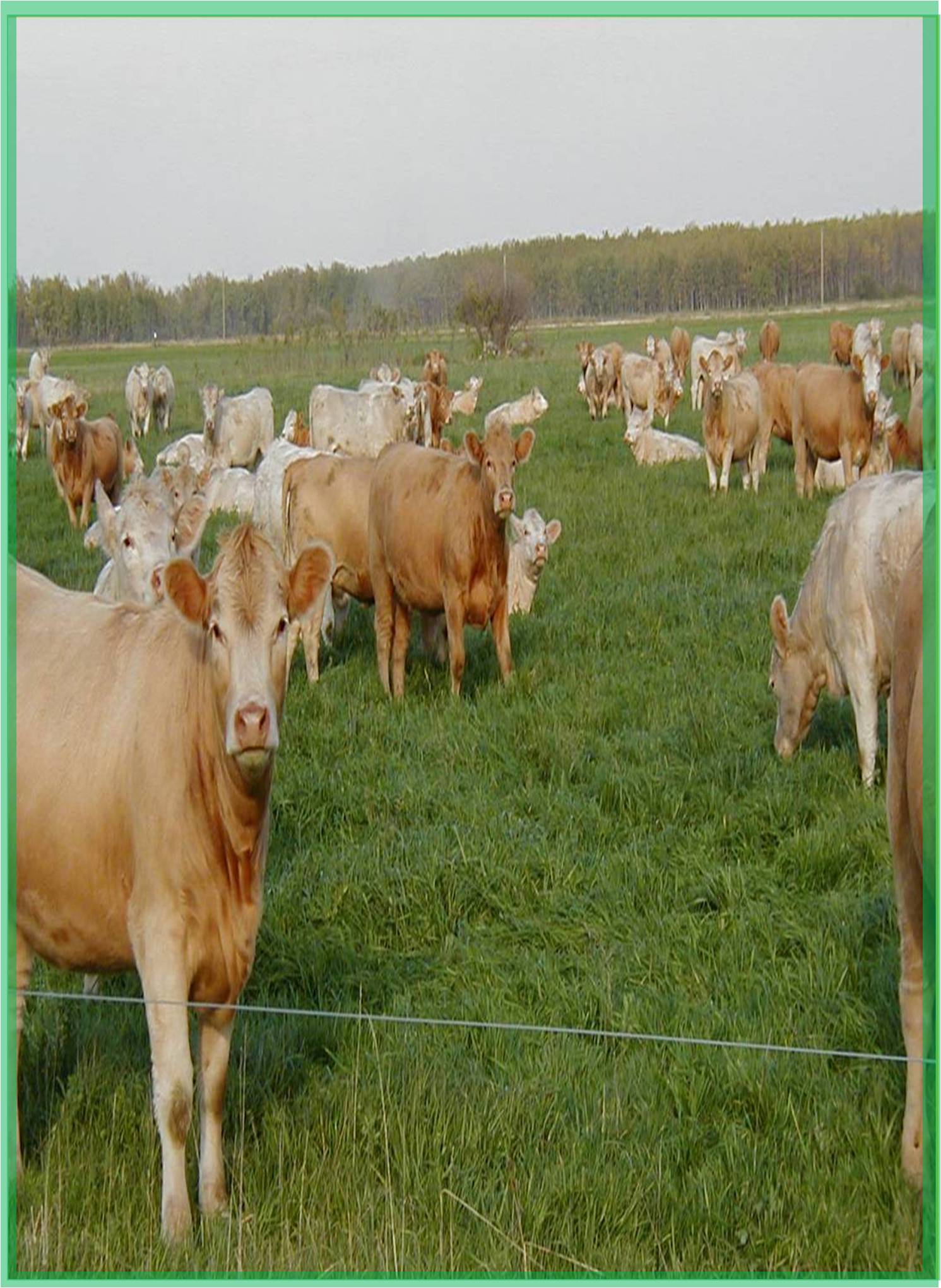



Received: 30-Nov-2022, Manuscript No. GJAS-22-83917; Editor assigned: 02-Dec-2022, Pre QC No. GJAS-22-83917 (PQ); Reviewed: 16-Dec-2022, QC No. GJAS-22-83917; Revised: 23-Dec-2022, Manuscript No. GJAS-22-83917 (R); Published: 30-Dec-2022, DOI: 10.15651/GJAS.22.10.012
Biochar is the charred product of pyrolysis, the thermal breakdown of organic molecules in an oxygen-deficient atmosphere. Biochar is one of three by-products of the carbonization process, the others being bio-oil and syngas. The pyrolysis process converts biomass into solid (biochar), liquid (bio-oil), and gas forms. It has a high porosity and surface area, is chemically stable, and is inexpensive. A novel technique known as "biochar" is receiving more and more attention for its potential applications in the areas of carbon sequestration, greenhouse gas reduction, waste management, renewable energy, soil improvement, agricultural productivity enhancement, and environmental remediation. Biochar is made from crop wastes, forest residues, algae, sewage sludge, and manure. Pyrolysis processes have a big influence on biochar attributes as yield, pH, particle size, and surface area. Regardless of feedstock source or pyrolysis process, biochars usually enhance Soil Water Holding Capacity (WHC), Cation Exchange Capacity (CEC), and C content in treated soils. Numerous bacteria that support plant development may live in the enormous surface area and pores of biochar. Using biochar in the soil helps with crop enhancement, soil fertility, and agricultural yield. On the development of maize plants, the effect of cow dung-derived manure with the addition of biochar at various rates in the sandy soil was detected.
A noticeable improvement in the growth and productivity was seen. The fertility of the soil and crop productivity is both markedly improved by the use of biochar. The application of biochar at 68 t/ha and 136.75 t/ha boosted the biomass of cowpea by 50% and rice by 20%. It also increased the biomass and productivity of durum wheat by 30%. Reduced chlorophyll concentration from nitrogen deficiency in the soil lowers crop output and quality.
The use of biochar in soils with metal contamination significantly lengthens the stems of different crops because it improves photosynthetic conditions. Favourable impact of biochar on plants' ability to photosynthesize. It has been found that incorporating biochar into nutrient-poor soil increases crop output. The type of biochar utilized and the pace at which it was administered both had a significant impact on the crop responses. The kind of soil and the climate have an impact on the reaction as well. In studies, it was shown that applying biochar significantly boosted agricultural output and productivity. Among the feedstocks, poultry liver produced the highest results, with a 28 percent increase in crop output being noted.
Significant increase in maize production as a result of fertilizer addition to charcoal. The yield of rice and sorghum in the harvest was raised by 4–12 times by the use of compost fertilizer with biochar. The world's poorest farmers can benefit from biochar's ability to increase agricultural productivity, particularly in low-fertility and degraded soils, as well as its ability to reduce run-off losses of nutrients and agricultural chemicals, increase soil water-holding capacity, and be produced from biomass waste. It is hypothesized that the biochar product is resistant to microbial degradation. It has improved nutrient usage efficiency by stimulating beneficial soil bacteria like mycorrhizal fungi, increasing soil base saturation, increasing water holding capacity, and retaining nutrients in the area of the soil column containing roots, among other processes that have raised crop output. For acidic and sandy soils, biochar has been found to significantly enhance soil qualities and crop yields. A reduction in fertilizer consumption is also possible because to its retention capacity.